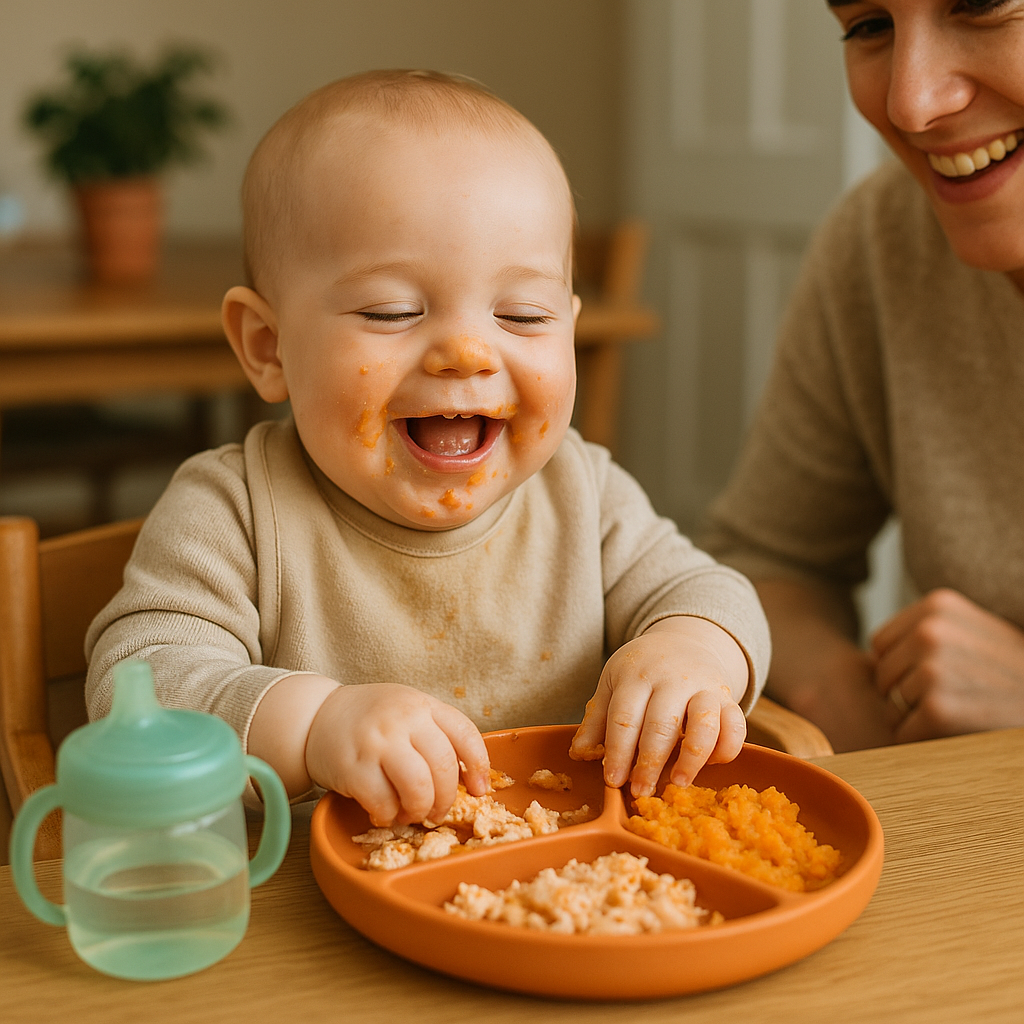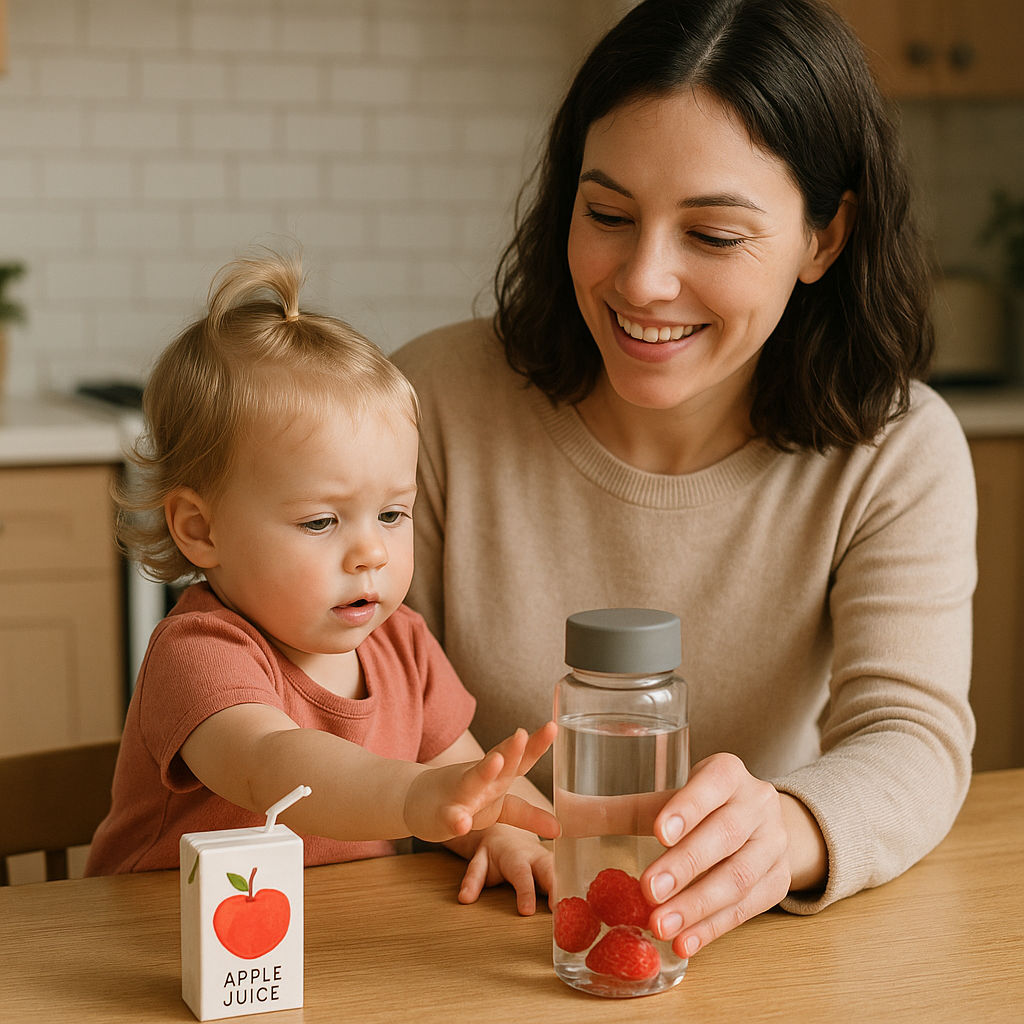
Top 10 Flashcard Combos for Holistic Toddler Learning
Did you know that up to 80% of a toddler’s brain develops in the first five years? As a parent, you’re likely eager to give

As parents, we all want to set our children up for a lifetime of good health. But did you know that what your baby eats in their earliest years may help protect them from serious digestive diseases later in life? New research suggests that certain diets may reduce the risk of infant IBD—a chronic condition that affects the gastrointestinal tract.
Let’s explore what IBD in kids looks like, how diet may play a role in prevention, and what foods to prioritize from the start.

Inflammatory Bowel Disease (IBD) includes conditions like Crohn’s disease and ulcerative colitis. While more common in older children and teens, early dietary patterns can influence whether or not a child is at risk down the line.
What is IBD in kids?
It’s a chronic inflammation of the digestive tract that can cause:
Early signs may include blood in stool, unexplained weight loss, or changes in energy. Understanding IBD symptoms in kids can help you act early if something feels off. If you’re concerned about your toddler’s digestion or noticing changes in their stool, check out the toddler poop chart to help identify potential issues and ensure healthy digestion.
A recent study highlights the potential of diet as a protective factor. Researchers found that children who consumed more fish and vegetables in the first year of life had a significantly lower risk of developing IBD later.
In contrast, babies and toddlers who regularly consumed sweetened drinks were at a higher risk.
So if you’re wondering, “Can 1-year-olds eat fish?” — the answer is yes! In fact, many pediatricians encourage it due to its brain-boosting and anti-inflammatory benefits.
While no diet guarantees prevention, a gut-friendly plate can go a long way. Here are examples of IBD friendly foods to introduce early:
Limit processed foods and sugary drinks—strong links have been found between sweetened drinks and IBD risk in children. Incorporating nutritious foods like vegetables, fish, and whole grains is key to gut health. Explore 10 nutritious foods for spring that are great for toddlers and support their digestion and immunity.

Early exposure to diverse, whole foods can shape lifelong eating habits that support immunity and digestion. Introducing protein-rich foods can also support gut health. Discover healthy high-protein snacks for kids that are perfect for toddlers and help strengthen their digestive system.
Need help making healthy eating enjoyable? Pair mealtime with a fun, food-themed song to get your little one excited about trying new bites.
Title: Time to Eat | Apple Cookies Song for Toddlers | Color Pencil TV
This playful video encourages curiosity about snacks and food in a light, musical way—perfect for picky eaters or hesitant feeders.
Consistency beats perfection.
Introducing healthy foods takes time—and sometimes many tries. Keep offering nutrient-rich choices without pressure. The goal isn’t perfection—it’s positive exposure and forming lifelong habits that could help prevent conditions like infant IBD.

Feeling Overwhelmed? Let’s Talk! Join Our Parent Forum and Get Expert Advice & Support!
Watch for chronic diarrhea, abdominal pain, fatigue, poor growth, or blood in stool.
While no diet guarantees prevention, a balanced, nutrient-rich diet with fish and vegetables may reduce IBD risk.
Steamed vegetables, oily fish, applesauce, oatmeal, bananas, and water are great options.
Yes. Research shows a link between sugary drinks and a higher risk of IBD in children.
Babies can safely eat cooked, deboned fish like salmon starting around 6 months—check with your pediatrician if unsure.